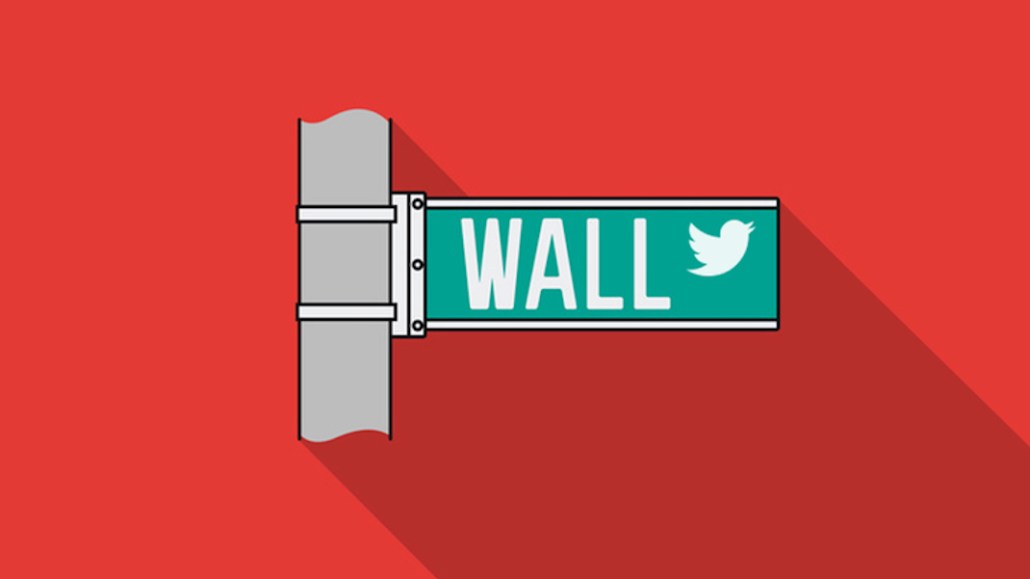Secure your place at the Digiday Publishing Summit in Vail, March 23-25

Banking institutions may not be many people’s picture of social media savvy, but they are perhaps surprisingly interested in Twitter.
Banks use Twitter more than Facebook, Instagram or LinkedIn — of 123,000 posts by financial brands, 79 percent were posted to Twitter compared to 12 percent on Facebook — and not just as a channel for customer complaints, as many other brands in service businesses do. Banks Goldman Sachs, Bank of America and Citi push podcasts, video interviews, company updates and sponsorships to customers.
There are a few reasons: It’s free, and according to Liz Elder, senior financial services associate at L2, shows people they’re not too old or behind the times to cater to the same customers that use services Facebook and Uber and shop online — sometimes on their mobile phones.
But for financial institutions, social media strategy is far from a need-to-have. Banks have enough brand equity that even without a winning Facebook strategy, they’ll still come out on top because how customers shop for a banking relationship just isn’t the same as how they approach the rest of their shopping; customers still consider things like proximity to a branch, access to human advice and — despite research showing that banks still struggle to reclaim customer trust lost after the 2008 financial crisis — the trust that comes with a name evoking strength, gravitas and rigidity like Goldman Sachs or JPMorgan Chase.
More in Marketing

Why Edward Jones’ agentic AI trial comes with limits
Edward Jones tests agentic AI to drive marketing productivity, taking a measured approach as it stops short of full automation.

Footwear brands navigate uncertainty after latest tariffs flip-flop
Some 99% of footwear sold in the U.S. today is imported, according to the Footwear Distributors and Retailers of America.

Brands at eTail Palm Springs share lessons on the ‘messy middle’ of building AI tools
Here’s a rundown of lessons brands have shared about their AI implementations so far.





